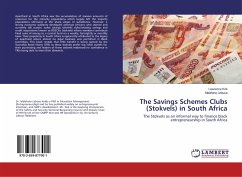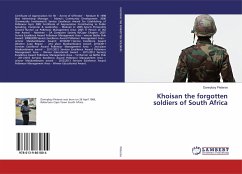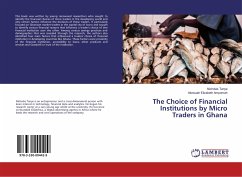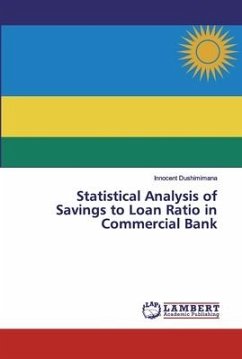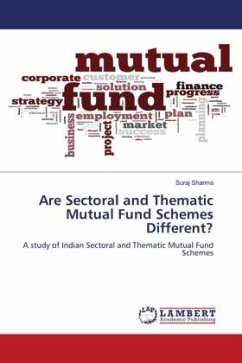Apartheid in South Africa saw the accumulation of massive amounts of resources for the minority populations which largely left the majority populations (Africans) at the sharp edges of subsistence. However, a strong economic solidarity developed amongst Africans who started and currently still sustain, some savings schemes clubs/rotating savings and credit associations known as ROSCAs (stokvels) where members contribute fixed sums of money to a central fund on a weekly, fortnightly or monthly basis. Their popularity in South Africa is apparently attributed to the legacy of apartheid where almost no legal business was permitted in Black townships. This book reveals that little benefit is being gained by the Township Retail Stores (TRS) as these stokvels prefer big retail outlets for their purchasing and leaders of these stokvels evidenced no confidence in TRSs being able to meet their demands.

